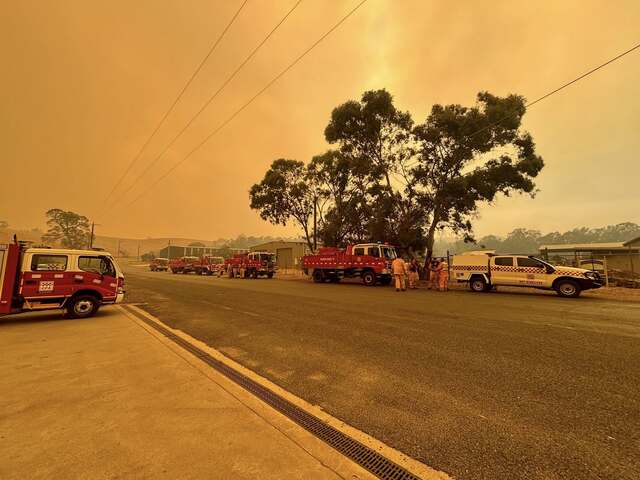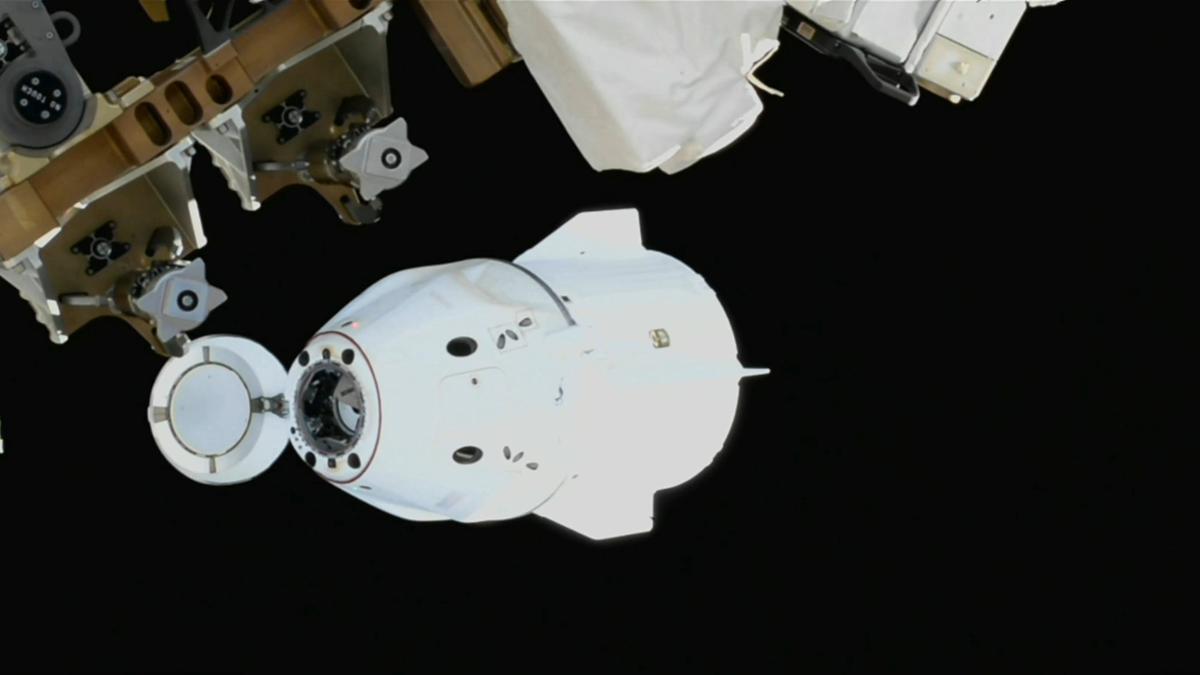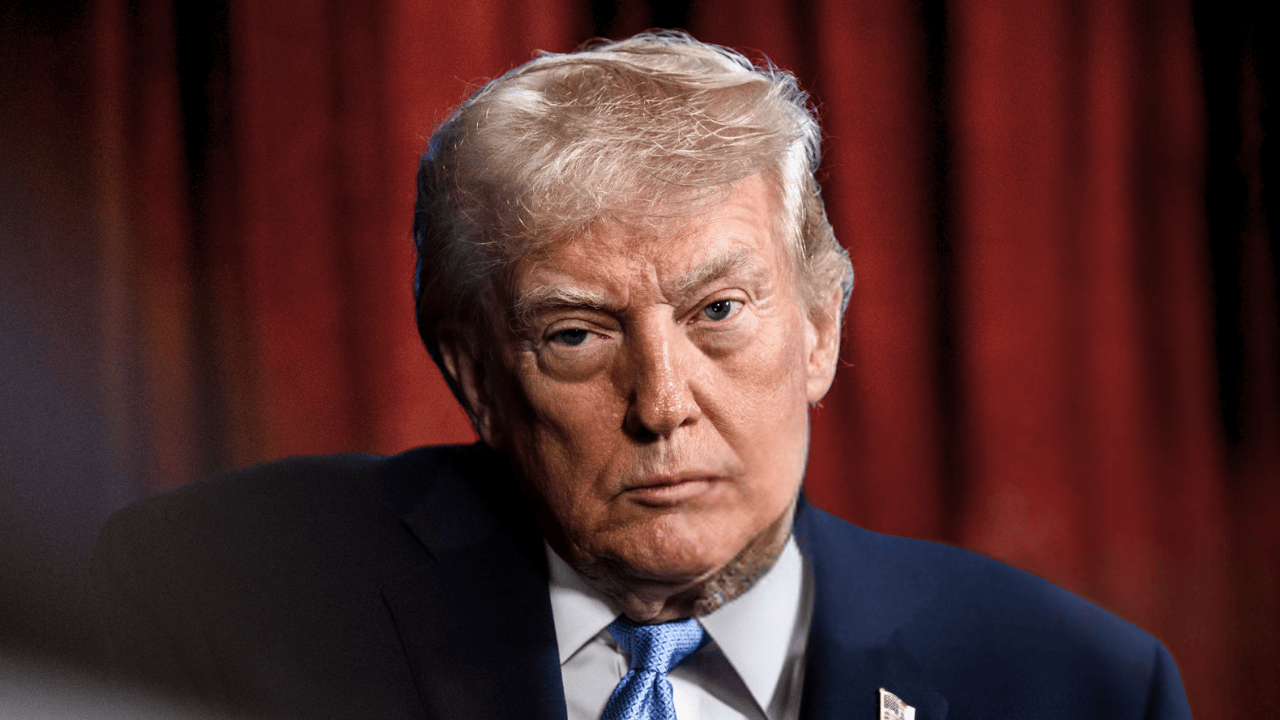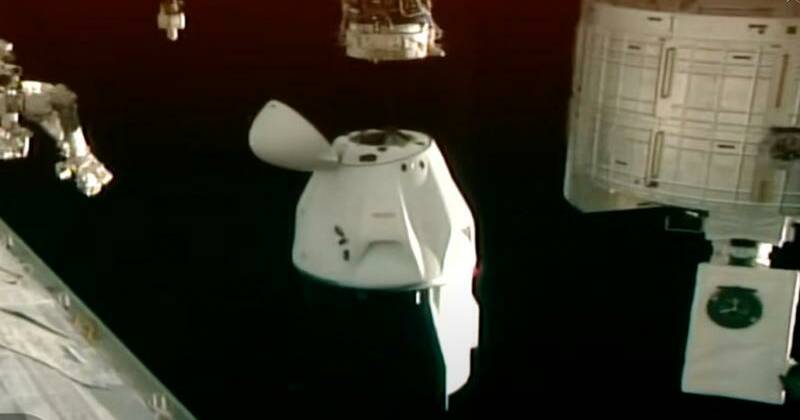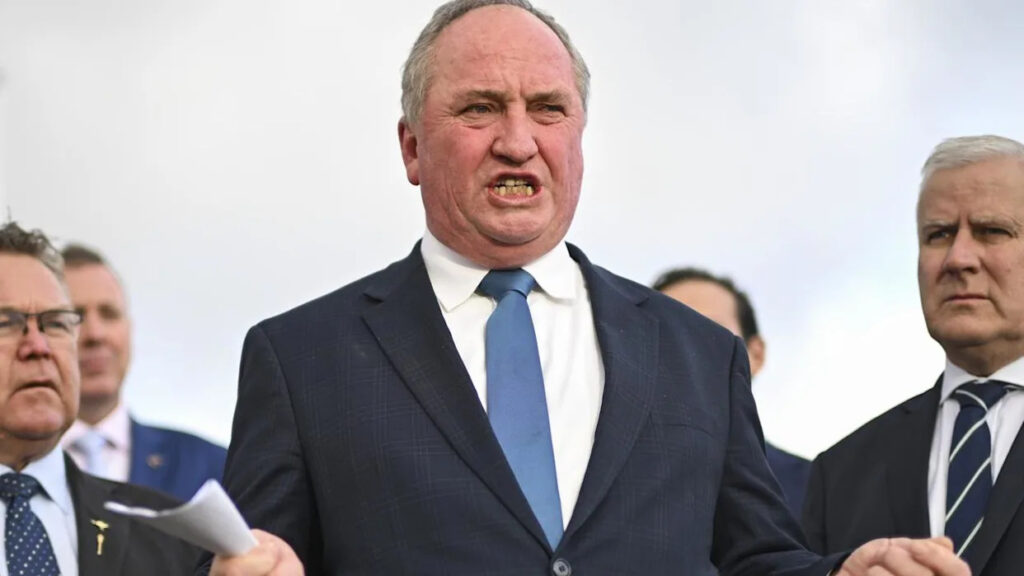
URGENT UPDATE: Former deputy prime minister Barnaby Joyce has ignited a political firestorm by successfully pushing to scrap Australia’s net-zero emissions target, undermining the Coalition’s unity at both the federal and state levels. Joyce introduced his Repeal Net Zero Bill during the first fortnight of parliament in July, immediately placing the contentious issue back on the political agenda.
During a theatrical press conference outside Parliament House, Joyce questioned the motives of “affluent suburbs” advocating for renewables, stating, “Are you prepared to hurt the poor?” This bold rhetoric has fueled tensions within the Coalition, leading to significant ramifications for the Liberal Party’s leadership and strategy.
Just four months later, in a move that signals a shift away from climate commitments, Sussan Ley removed the net-zero target from the Liberal Party’s platform. This decision has effectively dashed any hopes for a unified Coalition energy policy, as analysts warn of a growing divide within the party.
Kos Samaras from Redbridge asserts that the Nationals have long opposed net zero, waiting for the opportune moment to act. “There’s always been a view within the Coalition, from the Nationals and the right-wing element of the Liberal Party, not to support progressive climate policies,” Samaras told NewsWire.
Ley’s leadership has faced intense scrutiny following the party’s historic losses in the last election, which saw the Liberal seats reduced to just 28, while the Labor Party surged to 94 seats. The pressure on Ley intensified as factions within the Coalition began to exploit the political vacuum left by the election results.
Joyce’s rebellion against the net-zero policy gained momentum, with members of Ley’s shadow cabinet expressing support for his stance. This growing dissent has led to a fragmentation of the Coalition’s voter base, further weakening their competitive position against the Labor Party.
“Ms. Ley’s initial step was to conduct a thorough review of their campaign,” Samaras noted, emphasizing the urgent need for reflection within the party. As the Nationals abandoned net zero, Ley was forced to follow suit to avoid a split, creating a significant rift between federal and state party branches.
Adding to the chaos, new Liberal leaders have emerged in New South Wales and Victoria, both of whom support net-zero policies, complicating the federal Coalition’s position. With the new NSW Liberal leader, Kellie Sloane, advocating for renewable energy, the divide deepens as the Nationals, under Gurmesh Singh, hint at aligning with Joyce’s stance.
The implications of Joyce’s actions could threaten Coalition unity in Australia’s most populous state. As public support for Ley continues to slide, the prospects for a Coalition government appear increasingly bleak.
Samaras warns that a change in leadership will not resolve the underlying issues plaguing the party. “Whoever takes on that job won’t overcome the structural problems that led to the May 3rd election results,” he stated, pointing to a pervasive “messiah complex” within the party.
As political tensions escalate, the future of the Coalition hangs in the balance. The fallout from Joyce’s campaign against net zero could reshape Australian politics, impacting not just the federal arena but also state dynamics as the party grapples with internal dissent and public opinion.
Stay tuned for further updates as this developing story unfolds.
